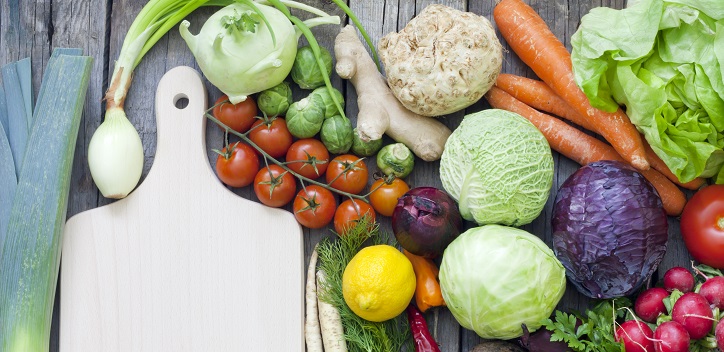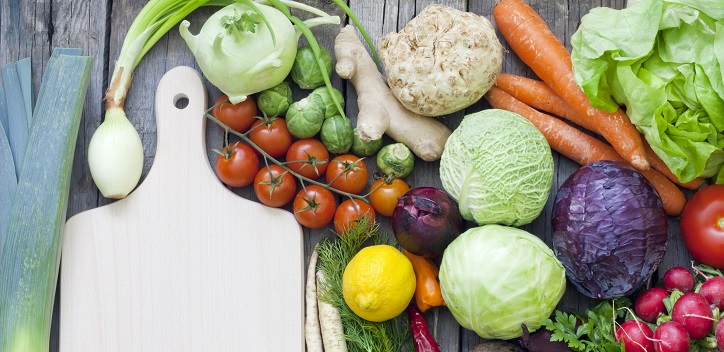Getting back into a healthy routine in the new year might mean you’ll be keeping a closer eye on what you eat — but it definitely shouldn’t mean obsessing over how many calories you eat every day. If there’s one health lesson to adopt in the new year, it’s that moderation is key; often, restrictive diets that harp on exclusion and tight daily intake counts (keto included!) can lead you to villainize the food around you. It’s something that U.K.-based fitness coach Lucy Mountain knows all too well: Blacklisting foods you love to eat just for the sake of losing weight on a new diet can end up being the most unhealthy decision you make all year.
Lucy — formerly known as the Fashion Fitness Foodie to throngs of Instagram fans — readily admits that getting swept up in trying to avoid certain food groups can be exhausting, but more importantly, it can put unnecessary stress on your everyday health. “I spent an obnoxiously large part of my early twenties worrying about all of that stuff,” Mountain shared on a recent Instagram post, a space where she shares diet-related graphics with her community of 309K followers.”Rather than asking myself if I even bloody wanted a salad, I stressed about the amount of calories in it. It’s weird, isn’t it?”
Nearly every post on Mountain’s account reinforces one message: Counting calories in every item you eat isn’t going to get you anywhere. If the comments and likes on her account are any indication, her social platforms have helped many dieters reconsider their perspective on nutrition. A recent post on the nutritional value of carbohydrates (“carbohydrates are not in fact plotting against you,” she wrote) has almost 10K likes.
Carbs have long been restricted by popular fad diets like Atkins and keto, which has led to a lot of misinformation about their value in an otherwise balanced diet. Any nutritionist or healthcare provider will tell you that a significant amount of carbohydrates can be found in nutrient-rich items like quinoa, whole-grain oats, and nearly all pulses — but many people forget that most foods contain carbohydrates in some form or another. “Some are more nutritious than others, [while] some are more delicious than others,” Mountain writes. “All of them give us energy.”
In her posts, Mountain inspires her fans to understand that a meal’s value doesn’t rest solely on its nutritional counts. Her approach to creating compelling visuals came out of her realization “that tracking the calories in your kale salad or grams of sugar in your apple perhaps isn’t the best route to a chilled, relaxed relationship with food,” she shares. Many of the posts on her page will remind you that you can’t always judge how valuable an ingredient is by simply peeking at the nutrition facts on its packaging.
Rather than promote a single diet or program over another, Mountain argues that the key to safe and sustained weight loss isn’t avoiding foods, but eating wholesome items that can nourish your body (treats included!). In fact, Mountain’s dieting tips for the new year are quite sound:
- Eat a substantial breakfast.
- Enjoy a serving of protein with most of your meals.
- Embrace pasta.
- Fill your plate with two to three colorful vegetables.
- Enjoy a generous serving of chocolate each day.
And her best advice? “Please don’t forget that there’s so much good to be found in every single food. Regardless as to whether its packed with vitamins and minerals, or it just tastes really, really bloody great and makes you happy.” We agree!
Carbs You Can Feel Good About
The Best High-Protein, Low-Carb Foods You Can Eat










